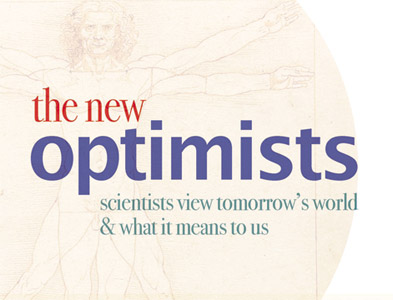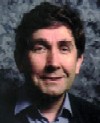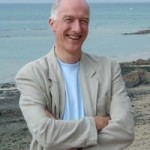Professor Derek Alderson holds the Baring Chair of Surgery at the University of Birmingham. Current Editor of the British Journal of Surgery, his main area of clinical interest is in oesophago-gastric surgery.
His contribution to The New Optimists is Part 1: The Microcosm: Tackling the big challenges, Editor Keith Richards mentions it in his Introduction as it is an illustration of how the practical doing of science raises not just answers, but much more interestingly, raises questions waiting to be answered:
” . . . over the last forty years the incidence of oesophageal adenocarcinoma has risen from just one tenth to three-quarters of all oesophageal cancers in the UK and that the UK has the highest incidence of this form of cancer in the world, but as yet we don’t know why. The writers in this collection convey the excitement, and sometimes the urgency of confronting questions such as these. Theirs is an optimism grounded in engagements of this kind — and it is all the more inspiring for that.”










